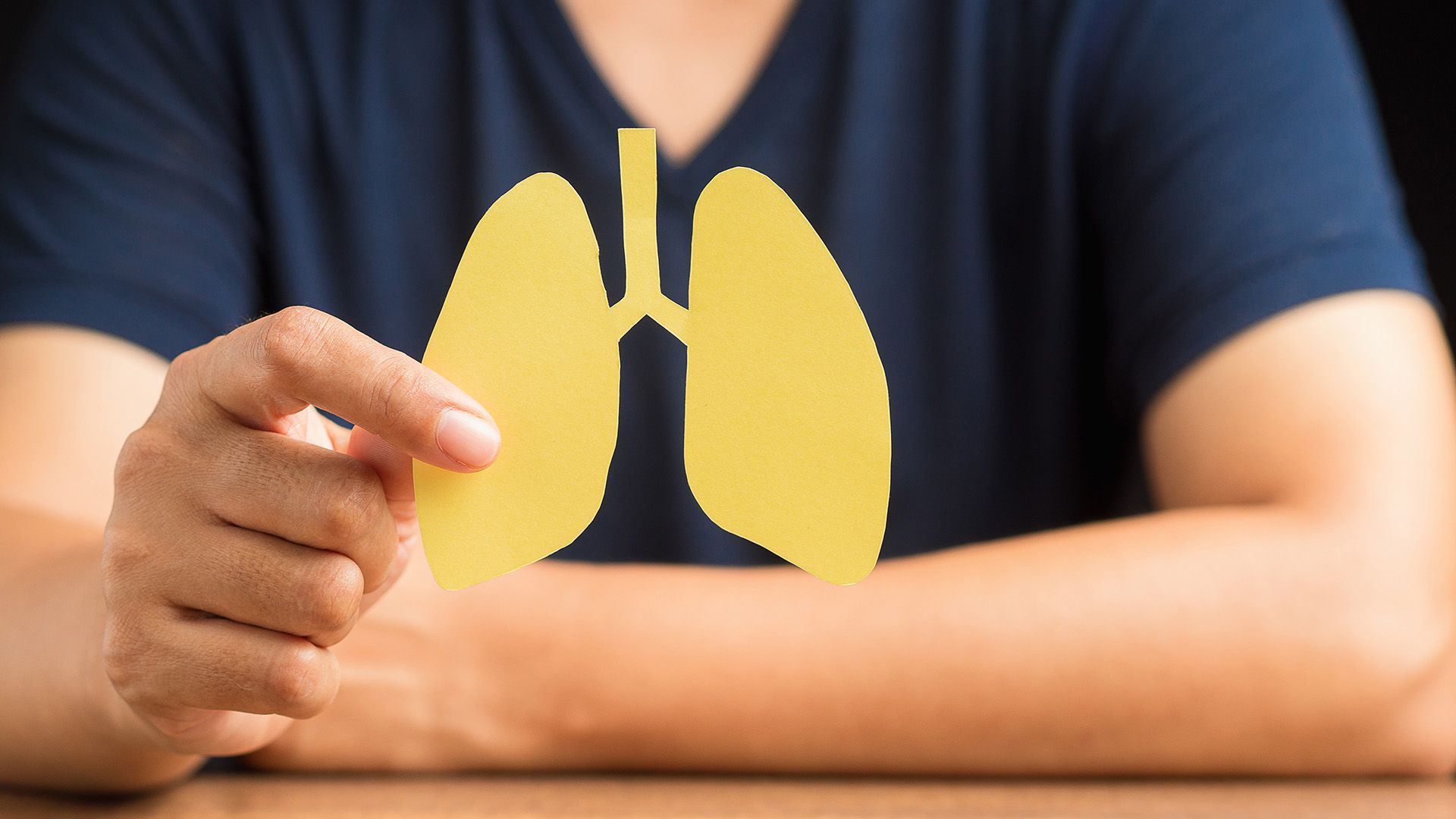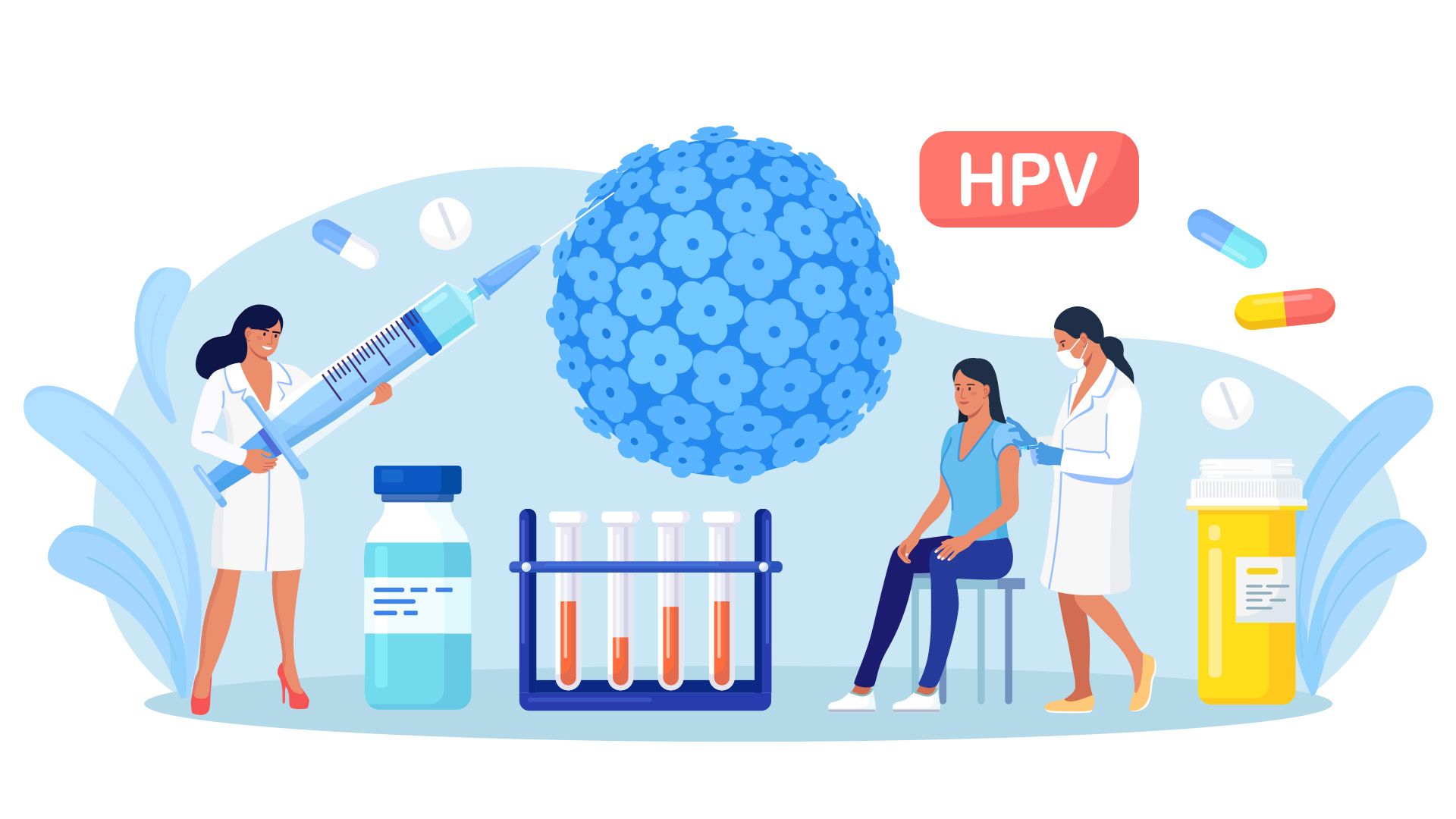Pandemic puts a new lens on the value of proactive, preventative benefits
Drickus Maartens • July 17, 2020
Covid-19 peak demands pioneering approach to everyday life
As the Covid-19 peak hits South Africa, we are all being forced to find novel ways of managing daily risks as the world forges a path to a new normal. While every sphere of life has been touched by the pandemic, South Africa has no option but to keep moving forward, innovate and plan for the inescapable risks that have now become a reality of life – even for the most cautious.
“We have all had to assimilate facemasks, sanitising and social distancing into our daily lives, but we cannot pretend that these precautions are a talisman providing complete protection from the threat of Covid-19,” says Bianca Viljoen, spokesperson for Health Squared Medical Scheme.
“As the medical scheme that strives to have members covered from every angle, we are focused on protecting health long term, through early intervention and holistic support. From a healthcare funding perspective, it makes sense to enhance healthy members’ wellness as well as assisting at-risk members to better manage existing health conditions,” she explains.
According to Viljoen, the Health Professions Council of South Africa’s recent revision of guidelines pertaining to telehealth in response to the Covid-19 pandemic has opened up new frontiers in managing healthcare risks and resources effectively.
“The swiftness with which these guidelines were developed and adopted demonstrates our local healthcare professionals’ remarkable spirit of innovation in the service of patients. With medical consultations now just a phone call or video consultation away, this level of expert care is more accessible than ever. The convenience this offers healthcare consumers promotes earlier intervention, which is usually linked to better health outcomes,” she says.
Health Squared members were among the first to have private Covid-19 testing covered by their medical scheme, irrespective of the result. “This allowed those who were infected in the first wave of the virus to learn their status earlier, and take the appropriate measures not only to reduce their chances of becoming seriously ill, but also to self-isolate early and help limit the spread of this highly contagious virus,” Viljoen explains.
“Understanding that mental wellbeing and physical wellness are linked, all our members have free unlimited access to telephonic assistance with financial matters, psycho-social assistance and legal advice via the Agility Rewards programme. These assist services have particular significance in light of Covid-19, and are complemented with a health assist line that offers peace of mind as members know that healthcare advice from a team of nurses is only a phone call away.”
Through Health Squared, members living with chronic illnesses have always had access to Agility Health’s unique Patient Driven Care™ programme that supports them in adhering to their prescribed treatment. Today, this means that many of these individuals’ conditions are so well managed that they face no greater risk of severe Covid-19 than the general population.
“The pandemic has aroused a new awareness of health as a most precious asset. Having supported members to proactively reduce their clinical risks months and years before we had ever heard of the novel coronavirus, provides hope for better outcomes in the present Covid-19 scenario,” she says.
“For individuals and employers navigating this new world, it is reassuring to be covered by a medical scheme that is dedicated to optimising all-round health and wellness at all times, as well as providing for curative healthcare when the need arises,” Viljoen concluded.













